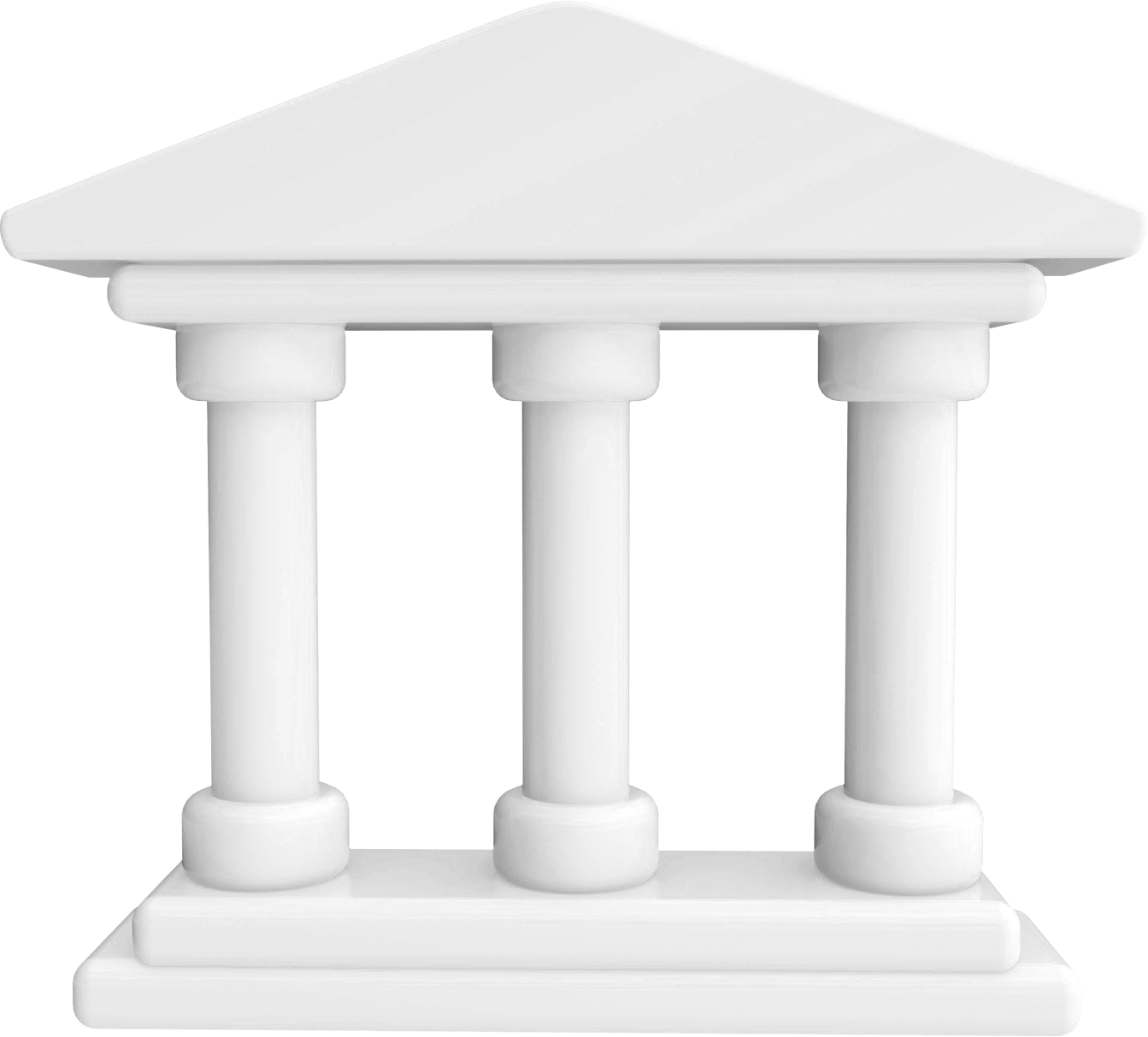What is dirty crypto?

Where does the dirty crypt come from?
Dirty crypto are digital assets stolen from exchanges or spotted in illegal activities. Almost any type of cryptocoin can be dirty.
That's why buyers prefer clean crypto - newly minted and still unused coins. Experts predict that in a year or two, most regulated crypto platforms will only allow withdrawals to whitelisted addresses.
How dirty coins can get into a wallet?
Regulated marketplaces and exchanges closely monitor the circulation of dirty coins. They flag assets spotted for illegal activity.
To cover their tracks and whitewash the coins, criminals run durty crypto money through several rounds. Cryptomixers, transaction splitting, unregulated platforms, gambling platforms, prepaid cards, and cryptocurrency ATMs are all in play. Often compromised assets are sold at a deep discount.
As a result, dirty cryptocurrency can end up in the wallet of the most law-abiding user. It is impossible to buy "dirty" assets on regulated exchanges and exchanges that comply with KYC/AML policy - such coins simply do not get into their wallets, the platforms block them. But the user can easily buy dirty coins from an unregulated exchanger, a dubious exchange, or receive them as payment.
To cover their tracks and whitewash the coins, criminals run durty crypto money through several rounds. Cryptomixers, transaction splitting, unregulated platforms, gambling platforms, prepaid cards, and cryptocurrency ATMs are all in play. Often compromised assets are sold at a deep discount.
As a result, dirty cryptocurrency can end up in the wallet of the most law-abiding user. It is impossible to buy "dirty" assets on regulated exchanges and exchanges that comply with KYC/AML policy - such coins simply do not get into their wallets, the platforms block them. But the user can easily buy dirty coins from an unregulated exchanger, a dubious exchange, or receive them as payment.


How marketplaces track dirty coins?
Regulated exchanges and exchanges closely monitor the use of compromised coins. These are regulatory requirements: since June 2021, the EU's Sixth Anti-Money Laundering Directive (AMLD6) came into force, which requires exchanges to track users' crypto-transactions, maintain their registries, share data with each other and report suspicious transactions to authorities. National laws are often just as strict, and FATF members are also guided by the cryptocurrency regulatory organization's recommendations.
Major platforms have a special department that tracks suspicious transactions. Dirty coins are identified through bots, automated alert systems (alerts) and manual checks.
The use of mixers - programs and services to anonymize transactions - is also perceived by regulated exchanges as an attempt to launder funds and is a reason to block an account. The exchanges do not care what exactly the user used the mixer for. According to Chainalysis statistics, 90% of mixer users use mixers only for privacy, not for illegal activity. Mixers are not prohibited by international AML regulations, but exchanges are reinsured. They won't necessarily block an account that is seen using coins that have gone through a mixer, but such a wallet will definitely come under scrutiny.
Major platforms have a special department that tracks suspicious transactions. Dirty coins are identified through bots, automated alert systems (alerts) and manual checks.
The use of mixers - programs and services to anonymize transactions - is also perceived by regulated exchanges as an attempt to launder funds and is a reason to block an account. The exchanges do not care what exactly the user used the mixer for. According to Chainalysis statistics, 90% of mixer users use mixers only for privacy, not for illegal activity. Mixers are not prohibited by international AML regulations, but exchanges are reinsured. They won't necessarily block an account that is seen using coins that have gone through a mixer, but such a wallet will definitely come under scrutiny.
What to do if your wallet is blocked?
If a site has blocked a wallet for compromised coins, you need to cooperate with support as much as possible. First of all, you need to go through a full verification (if it has not been done before): provide photos or scans of documents confirming identity and the source of funds in the account.
You can prove your innocence in several ways. For example, provide screenshots showing the transfer or purchase of dirty coins. It will be easier for the exchange to verify if the dirty coins were purchased from a bank card or through an e-wallet. Purchases made with cash are impossible to trace.
Fighting is ineffective - threats will not convince the security service of innocence. But a screenshot of the transaction can.
All cases are considered individually by the site's AML officer. If the innocence of the user is proven, the compromised assets will be returned to the original wallet or other address of the user.
You can prove your innocence in several ways. For example, provide screenshots showing the transfer or purchase of dirty coins. It will be easier for the exchange to verify if the dirty coins were purchased from a bank card or through an e-wallet. Purchases made with cash are impossible to trace.
Fighting is ineffective - threats will not convince the security service of innocence. But a screenshot of the transaction can.
All cases are considered individually by the site's AML officer. If the innocence of the user is proven, the compromised assets will be returned to the original wallet or other address of the user.


How to avoid owning dirty coins?
Check the origin of coins via special services and applications. For example, BitOK will show you in just a couple of clicks how suspicious your assets are from crypto AML regulators point of view. It works easily:
- go through a simple registration process;
- select the AML risk score tool in the Solutions tab;
- add your wallet.
The service will estimate the risk level of each transaction and the level of confidence in the wallet as a whole.
Buy digital assets only on regulated exchanges. In this case, you can be sure that the coins were not obtained through a dark market transaction.
Use two wallets: one for clean coins from regulated platforms and mining, the other for unverified coins from unreliable sources. All coins from exchangers, listed in popular site bestchange.com, little-known exchanges or private individuals must be transferred to the second wallet first. Then, if it receives compromised assets, the coins in the first wallet will remain untampered.
Verify the sender's transactions and buy the assets in installments. You can ask to make a test transfer to a special wallet and check the coins in it.
Record all your actions with cryptocurrency: transactions, recipients, time and date, site. Then, in case of accidental purchase of dirty coins, you will be able to prove your own innocence. You do not have to do it manually - for example, the BitOK service does it automatically. And you can also use it to leave notes about your wallets and transactions and tag them to avoid confusion about assets.
Buy digital assets only on regulated exchanges. In this case, you can be sure that the coins were not obtained through a dark market transaction.
Use two wallets: one for clean coins from regulated platforms and mining, the other for unverified coins from unreliable sources. All coins from exchangers, listed in popular site bestchange.com, little-known exchanges or private individuals must be transferred to the second wallet first. Then, if it receives compromised assets, the coins in the first wallet will remain untampered.
Verify the sender's transactions and buy the assets in installments. You can ask to make a test transfer to a special wallet and check the coins in it.
Record all your actions with cryptocurrency: transactions, recipients, time and date, site. Then, in case of accidental purchase of dirty coins, you will be able to prove your own innocence. You do not have to do it manually - for example, the BitOK service does it automatically. And you can also use it to leave notes about your wallets and transactions and tag them to avoid confusion about assets.


What to use to clean dirty coins?
It is not easy to get rid of dirty coins. You can't get them into a centralized exchange - it will simply reject the transaction. And if you sell them through P2P and the recipient finds out that the cryptocurrency is marked up - it can refuse the transaction or ask for a large discount.
You can use mixers, move them to a decentralized p2p platform or unregulated exchange that doesn't do KYC/AML checks, sell them for cash, scatter them across multiple wallets and sell them on the black market. This would help get rid of the compromised assets. But from the point of view of AML-laws of some jurisdictions such actions are equal to money laundering.
You can use mixers, move them to a decentralized p2p platform or unregulated exchange that doesn't do KYC/AML checks, sell them for cash, scatter them across multiple wallets and sell them on the black market. This would help get rid of the compromised assets. But from the point of view of AML-laws of some jurisdictions such actions are equal to money laundering.

























